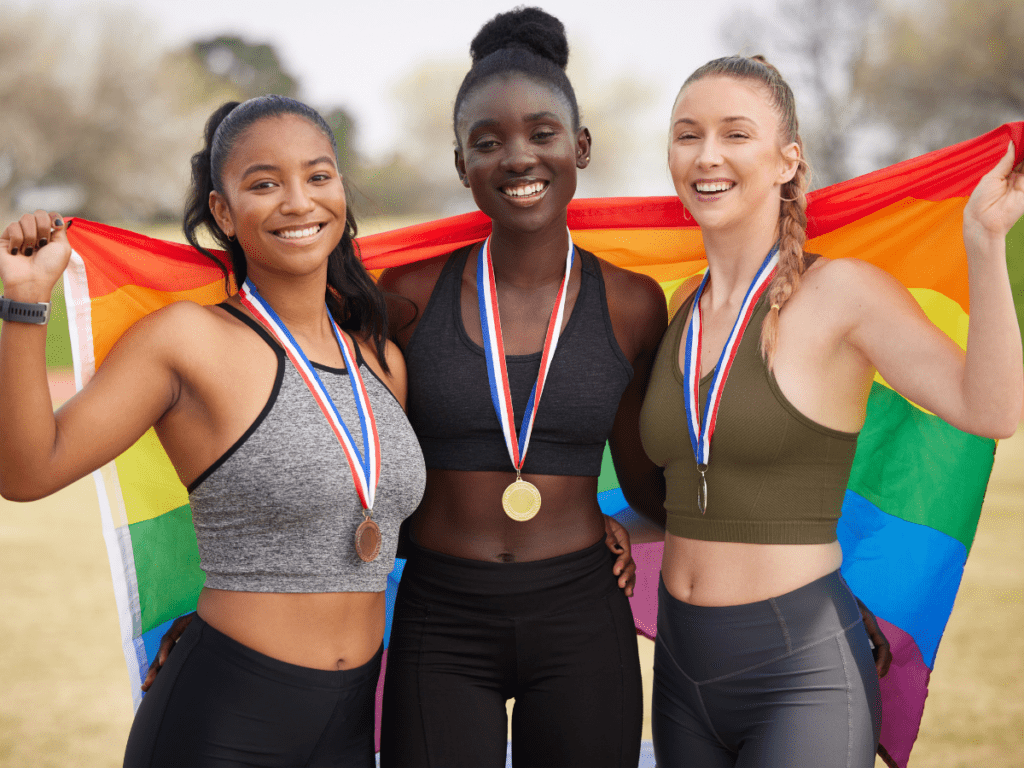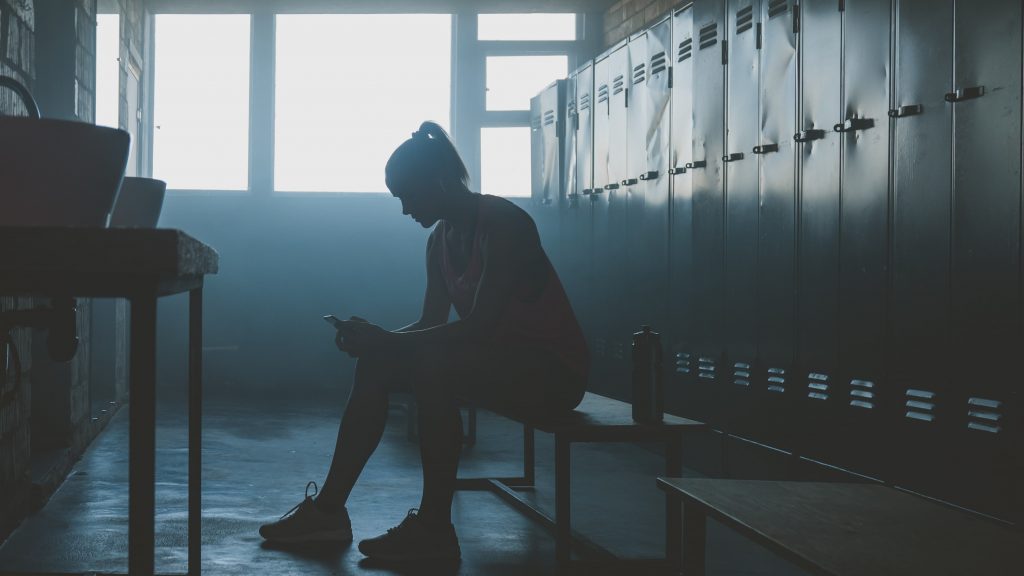Exercise as therapy
Individuals living with two or more chronic conditions – known as multimorbidity – might need to reconsider their prescriptions. A review of the literature suggests exercise therapy can be safe and beneficial for their physical and psychosocial health, and has a lower risk of negative side effects compared to pharmacological treatments.
Solution-Focused Mindset
Is focusing on the negatives of the COVID-19 pandemic increasing your stress and decreasing your motivation? Adopting a solution-focused mindset means challenging yourself to find new and better ways to cope with the current realities. Research shows this shift in mindset can increase self-confidence and promote a positive mood.
Sleep and Positive Attitudes
Not feeling like you usual positive self? Perhaps you didn’t sleep well last night. Research shows sleep loss reduces our positive feelings in the face of both stressors and positive events.
Returning to Sport Post-Isolation
Following a reduction of public health restrictions, some athletes may be excited about being with friends, returning to training, and looking forward to competition; others will experience fear and anxiety relating to the risk of infection, the effects of detraining, or being behind competitors and teammates. Coaches can learn more to prepare for this range…
Remembrance Day 2020
November 11th is Remembrance Day. Today, and every day, we remember Canada’s veterans, and their service and sacrifice for our country. Sport and physical activity programs can have a positive impact on the wellbeing of veterans experiencing physical disability or post-traumatic stress disorder (PTSD). Beyond providing enjoyable experiences, research finds participation can support personal growth…
Mind over COVID? Mental health tips for coaches, athletes, and sport administrators

During epidemics, the number of people whose mental health is affected tends to be greater than the number of people affected by the infection. Past tragedies have shown that the mental health implications can last longer and have greater prevalence than the epidemic itself and that the psychosocial and economic impacts can be incalculable if…
Trauma-Sensitive Design
Sport and physical activity programming that incorporates trauma-sensitive design harnesses social and environmental protective factors that can contribute to children’s resilience. Specific strategies include creating a safe environment, nurturing positive adult relationships, building body awareness and physical competence, and delivering active, engaging experiences.
Athlete Identity and Transition Out of Sport
Athletes often tie their self worth to their accomplishments, improvements, and outcomes in sport. Transitioning out of sport, due to retirement or injury, can compromise their sense of self worth. Feelings of having nothing to offer, being inadequate, and feeling unsure of their value in life can negatively affect the individual’s mental health.
The role of LGBT-focused sport group involvement in reducing minority stress

Project Summary OBJECTIVES Sexual minority identity (e.g., gay, lesbian, bisexual, trans; LGBT) is largely stigmatized and stigmatization has been linked to detrimental mental and physical health outcomes. Sexual minority individuals are often motivated to conceal their identities to protect themselves from rejection but this concealment comes with the costs of anxiety about disclosure and preoccupation…
Mental Health Considerations of the Athlete Transition out of Sport

Eat, sleep, train, recover. It is a familiar pattern for elite athletes who dedicate days, years, and even decades to their sport and the pursuit of excellence. But at some point, no matter the successes and failures that have occurred, the athlete’s sport career comes to an end. This transition out of sport can trigger…